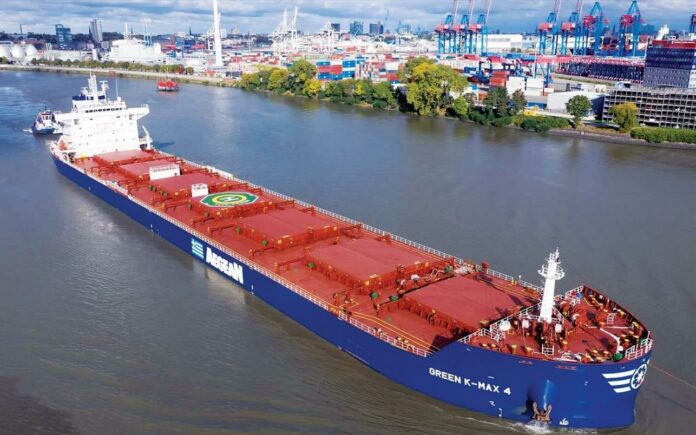Methanol is at the center of the latest report it published. “It is essential to recognize that green methanol is not carbon free. Emissions are still produced during combustion,” the analysts noted.
The CO2 multiplier for methanol is 1.375, compared to 3.151 for VLSFO (very low sulfur fuel, what ships without scrubbers burn).
“Overall, methanol offers a 7%-10% reduction in combustion emissions (tank-to-wake basis) compared to VLSFO,” Gibsons added. As it pointed out, fuels still offer significant environmental advantages, providing a 99% reduction in SOx emissions and 60% in NOx emissions.
“When looking at the cost-effectiveness relationship, green methanol emerges as a competitive option compared to other future ready fuels such as ammonia and LNG, especially in terms of capital costs. In terms of emissions, however, it is not as green as its name suggests,” it added.
The new data constantly emerging on alternative fuels do not make it possible for the time being to dominate one over the others, delaying investments in new ships with alternative propulsion.
“It is not a matter of technology, infrastructure or capital adequacy, it is purely a matter of visibility for the fuel that will prevail in the market”, shipping sources told “Naftemporiki.”
“We need to change our way of thinking, to promote the sustainability agenda, but always keeping in mind that we are a profit organization and have a business approach to things,” they added.
Most shipowners, after all, do not have the flexibility or scale of a company like Maersk, which can “bet” on many fuels with large investments or even integrate fuel producers into its network, as it does with methanol.














